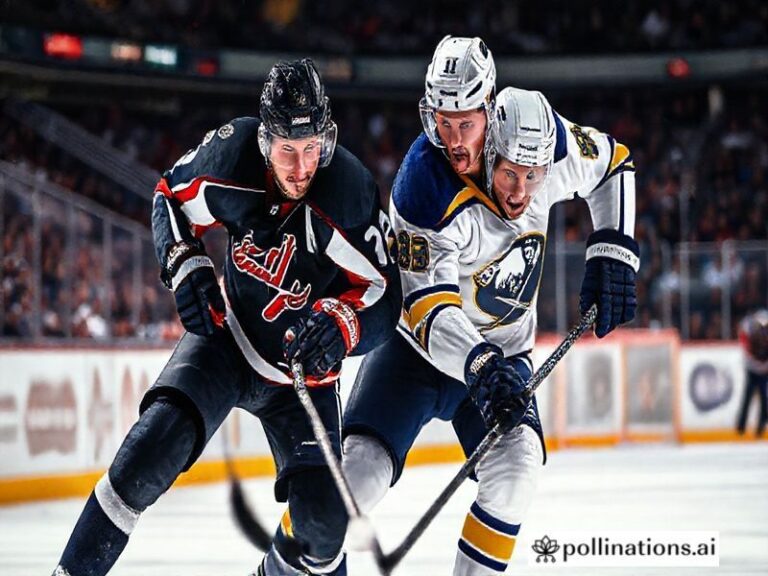F1: The Movie – Why the World is Suddenly Obsessed with Formula 1
**F1: The Movie – Why the World is Suddenly Obsessed with Formula 1**
Buckle up, folks, because the internet has found its new obsession, and it’s not just another TikTok dance trend or a viral meme. No, this time, it’s the high-octane, adrenaline-fueled world of Formula 1. Thanks to the Netflix docuseries “Formula 1: Drive to Survive,” the sport has catapulted into the global spotlight, turning even the most casual viewers into die-hard fans. But why is F1 suddenly trending everywhere, and what makes this cultural phenomenon so significant?
**The Netflix Effect: Drive to Survive**
Let’s start with the obvious: Netflix. The streaming giant’s docuseries “Formula 1: Drive to Survive” has been a game-changer. The show offers a behind-the-scenes look at the drama, rivalry, and sheer intensity of the sport, making it accessible and entertaining for those who might not typically tune into racing. It’s like “The Real Housewives” but with faster cars and more expensive suits.
The series has turned drivers like Lewis Hamilton, Max Verstappen, and Charles Leclerc into global celebrities, their personal and professional lives dissected and discussed in forums, social media, and even water cooler chats. The drama off the track is almost as compelling as the action on it, and Netflix has masterfully turned F1 into must-watch TV.
**Cultural Context: More Than Just a Sport**
F1 has always been a global sport, but its cultural impact has never been more pronounced. The series has tapped into a universal love for storytelling, combining high-stakes competition with personal narratives. It’s not just about who crosses the finish line first; it’s about the human stories behind the drivers, the teams, and the strategies.
The show has also highlighted the diversity and inclusivity within the sport. Lewis Hamilton, the seven-time world champion, has been a vocal advocate for racial equality and sustainability, using his platform to drive change both on and off the track. His influence has resonated with a global audience, making F1 a sport that stands for more than just speed and competition.
**Social Impact: A New Generation of Fans**
One of the most significant impacts of “Drive to Survive” has been the influx of new fans, particularly younger audiences. The series has made F1 cool, turning it into a cultural touchstone for Gen Z and Millennials. Social media platforms like Twitter, Instagram, and TikTok are buzzing with F1 content, from memes to in-depth analysis, creating a vibrant online community.
This newfound popularity has also translated into real-world engagement. Merchandise sales are soaring, and ticket sales for races are at an all-time high. The sport has become a cultural phenomenon, with fans eagerly awaiting each race and dissecting every move on social media.
**What Makes F1 Significant?**
So, why is F1 trending globally? It’s a perfect storm of entertainment, storytelling, and cultural relevance. The Netflix series has demystified the sport, making it accessible and relatable. It’s not just about the cars; it’s about the people, the drama, and the high-stakes competition.
F1 has also become a symbol of innovation and progress. The sport is at the forefront of technological advancements, from hybrid engines to sustainable practices. It’s a microcosm of the broader world, reflecting the push for diversity, inclusivity, and sustainability.
**Conclusion: The Future of F1**
As F1 continues to trend globally, it’s clear that the sport has evolved beyond its traditional fan base. It’s no longer just for hardcore racing enthusiasts; it’s for everyone. The cultural impact of “Drive to Survive” has been profound, turning F1 into a global phenomenon that transcends borders and languages.
So, whether you’re a seasoned F1 fan or a newcomer drawn in by the Netflix series, one thing is clear: Formula 1 is here to stay. And with each season, the drama, the competition, and the cultural relevance only seem to grow. Buckle up, because the ride is just getting started.







